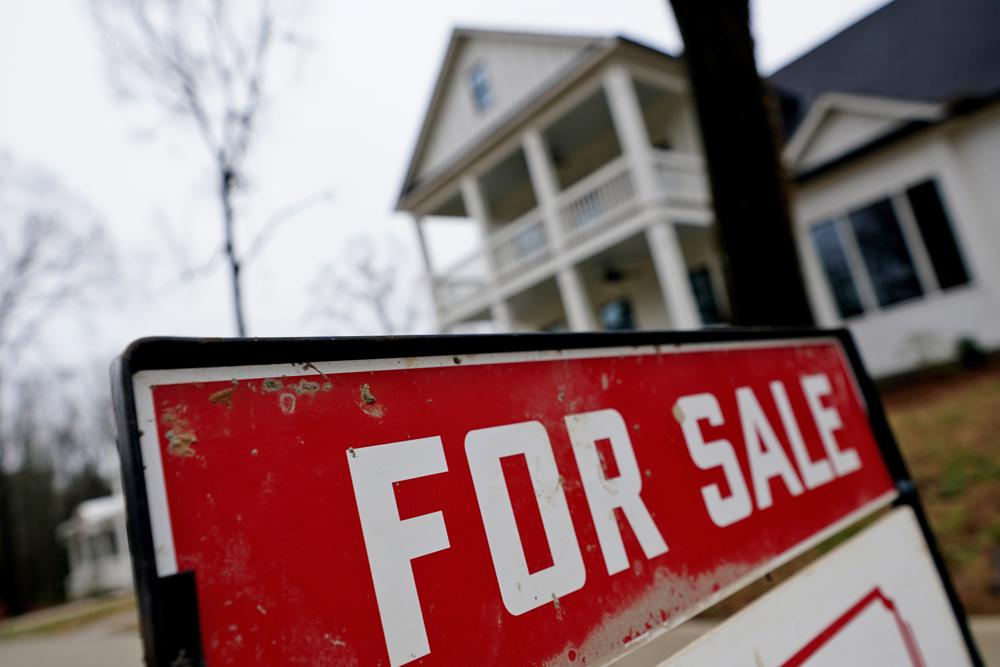Average long-term U.S. mortgage rates soared this week in a continued volatile market as the key 30-year loan rate jumped back over 5%.
Mortgage buyer Freddie Mac reports that the 30-year rate rose to 5.22% from 4.99% last week. By contrast, the rate stood at 2.87% a year ago.
The average rate on 15-year, fixed-rate mortgages, popular among those looking to refinance their homes, increased to 4.59% from 4.26%.
Last week the 30-year rate fell below 5% for the first time in four months, days after the Federal Reserve raised its benchmark interest rate by a hefty three-quarters of a point in its most aggressive drive in over three decades to tame record-high inflation. It was the central bank’s second such increase in less than two months.
Experts see some stability returning to the housing market as the drop in homebuyer demand moderates although supply remains fairly tight.
“Although rates continue to fluctuate, recent data suggest that the housing market is stabilizing as it transitions from the surge of activity during the pandemic to a more balanced market,” Freddie Mac chief economist Sam Khater said. “The consequence is that house prices likely will continue to rise, but at a slower pace, for the rest of the summer.”
Consumer prices jumped 8.5% in July compared with a year earlier, down from a 9.1% year-over-year increase in June, the government reported Wednesday. Falling prices for gas, airline tickets and clothes gave consumers a bit of relief last month, though overall inflation is still running at close to its highest level in four decades.
Rapidly hiking interest rates risks pushing the U.S. economy into a recession, but it is the Fed’s most powerful tool to get price increases back to its 2% annual inflation target.
Higher borrowing rates have discouraged house hunters and cooled a housing market that’s been hot for years. The National Association of Realtors reported last month that sales of previously occupied U.S. homes slowed for the fifth consecutive month in June.
Home prices have kept climbing — albeit at a slower pace than earlier this year —- even as sales slowed. The national median home price jumped 13.4% in June from a year earlier to $416,000. That’s an all-time high according to data going back to 1999, NAR said.
(AP)











